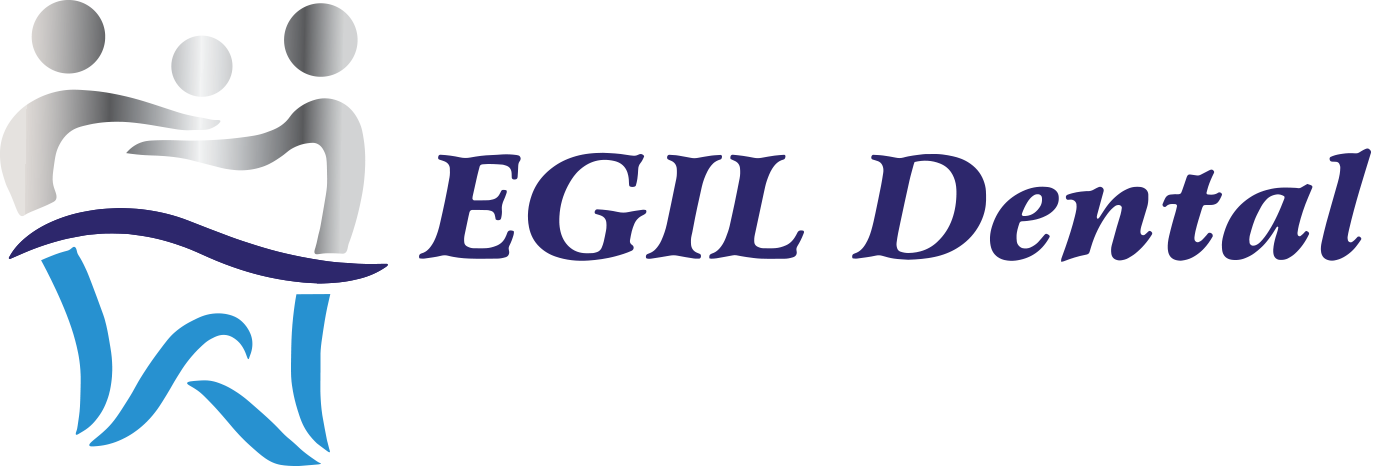Gum disease poses a significant threat to oral health, affecting millions of people worldwide. This condition not only causes discomfort and pain but can also lead to severe consequences, including tooth loss and systemic health problems. However, there is good news – regular dental cleanings are your first line of defense against gum disease. In this article, we will explore the importance of dental cleanings in preventing and treating gum disease.
The Link Between Dental Cleanings and Gum Disease
Gum disease, also known as periodontal disease, is a bacterial infection that affects the gums, ligaments, and bone supporting the teeth. It begins with the buildup of plaque, a sticky film containing bacteria, on the teeth. When plaque is not effectively removed through daily brushing and flossing, it hardens into tartar or calculus. Tartar harbors bacteria and toxins that cause inflammation and damage to the gum tissues.
Regular dental cleanings play a crucial role in preventing and treating gum disease. During a dental cleaning, a dental hygienist or dentist will thoroughly remove plaque and tartar from your teeth and gums. This process, known as scaling and root planing, reaches below the gumline, eliminating bacteria-laden deposits that cannot be eliminated through regular oral hygiene practices.
The Benefits of Regular Dental Cleanings
1. Preventing Gum Disease: Dental cleanings are essential for preventing gum disease. By removing plaque and tartar regularly, you minimize the risk of bacterial infection and inflammation in your gums. Healthy gums are the foundation of a healthy smile.
2. Early Detection: Dental cleanings also involve a comprehensive examination of your oral cavity, including the gums. During this examination, your dental professional will assess the health of your gums and check for any signs of gum disease. Early detection allows for prompt treatment and prevents the disease from progressing into more severe stages.
3. Fresh Breath: Dental cleanings not only remove tartar and plaque but also eliminate bacteria that cause bad breath. Regular cleanings help keep your breath fresh and your confidence high.
4. Whiter, Brighter Smile: Dental cleanings often involve teeth polishing, which helps remove surface stains and discoloration. This leaves you with a whiter and brighter smile, enhancing your overall appearance.
How Often Should You Get Dental Cleanings?
The frequency of dental cleanings depends on your individual needs. In general, most individuals benefit from visiting their dentist for a cleaning every six months. However, if you are at a higher risk of developing gum disease or have underlying oral health issues, your dentist may recommend more frequent cleanings.
If you have a history of gum disease or undergo certain dental treatments like orthodontics or implants, your dentist may suggest more frequent cleanings to maintain optimal oral health.
Maintaining Gum Health at Home
While dental cleanings are vital, they are only part of the equation for good oral health. To support your dental cleanings and maintain gum health, remember to:
1. Brush your teeth: Brush your teeth twice a day using a soft-bristled toothbrush and fluoride toothpaste. Brush gently in a circular motion, targeting all surfaces of your teeth.
2. Floss daily: Clean between your teeth and along the gumline daily using dental floss or interdental brushes. This helps remove plaque and food particles that can contribute to gum disease.
3. Use an antimicrobial mouthwash: Rinse with an antimicrobial mouthwash to help reduce the bacterial load in your mouth and prevent gum infection.
4. Eat a healthy diet: A well-balanced diet rich in fruits, vegetables, lean proteins, and whole grains supports oral health.
Conclusion
Regular dental cleanings are indispensable when it comes to preventing gum disease and maintaining optimal oral health. By removing plaque and tartar, identifying early signs of gum disease, and providing professional guidance, dental professionals play a critical role in protecting your gums and preserving your smile. Coupled with good oral hygiene practices at home, dental cleanings create a solid defense against gum disease, ensuring your oral health remains in top shape.

